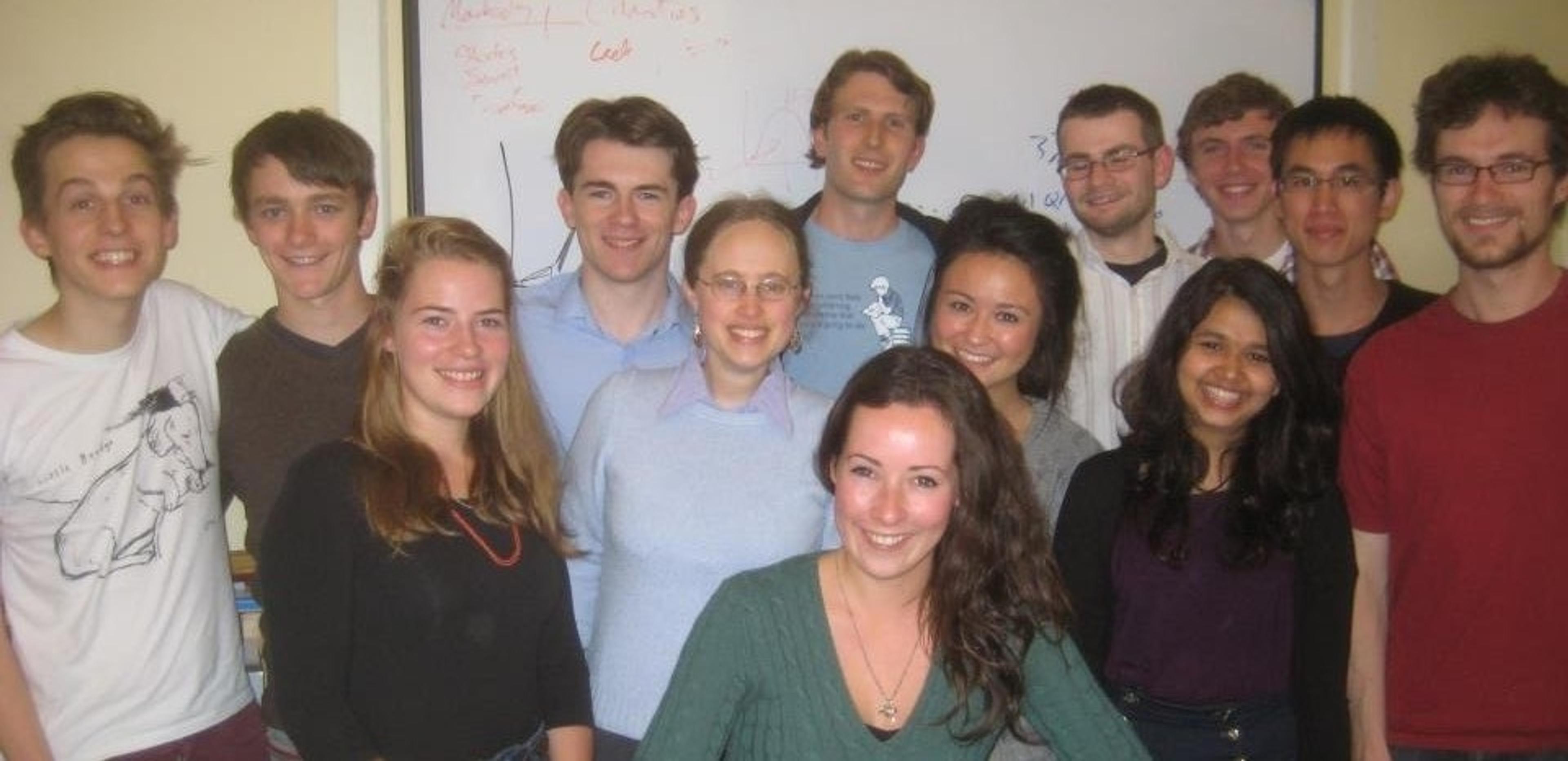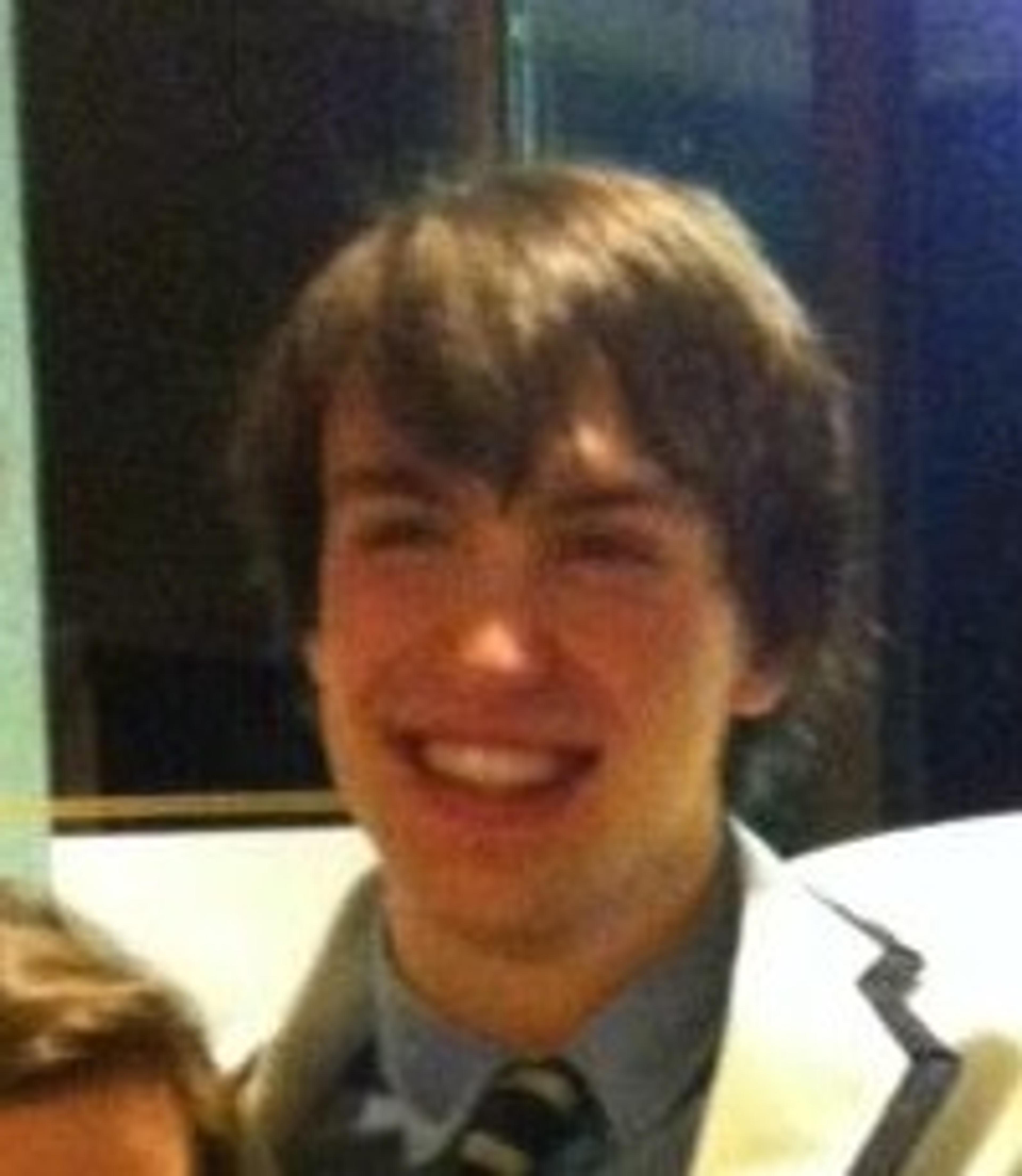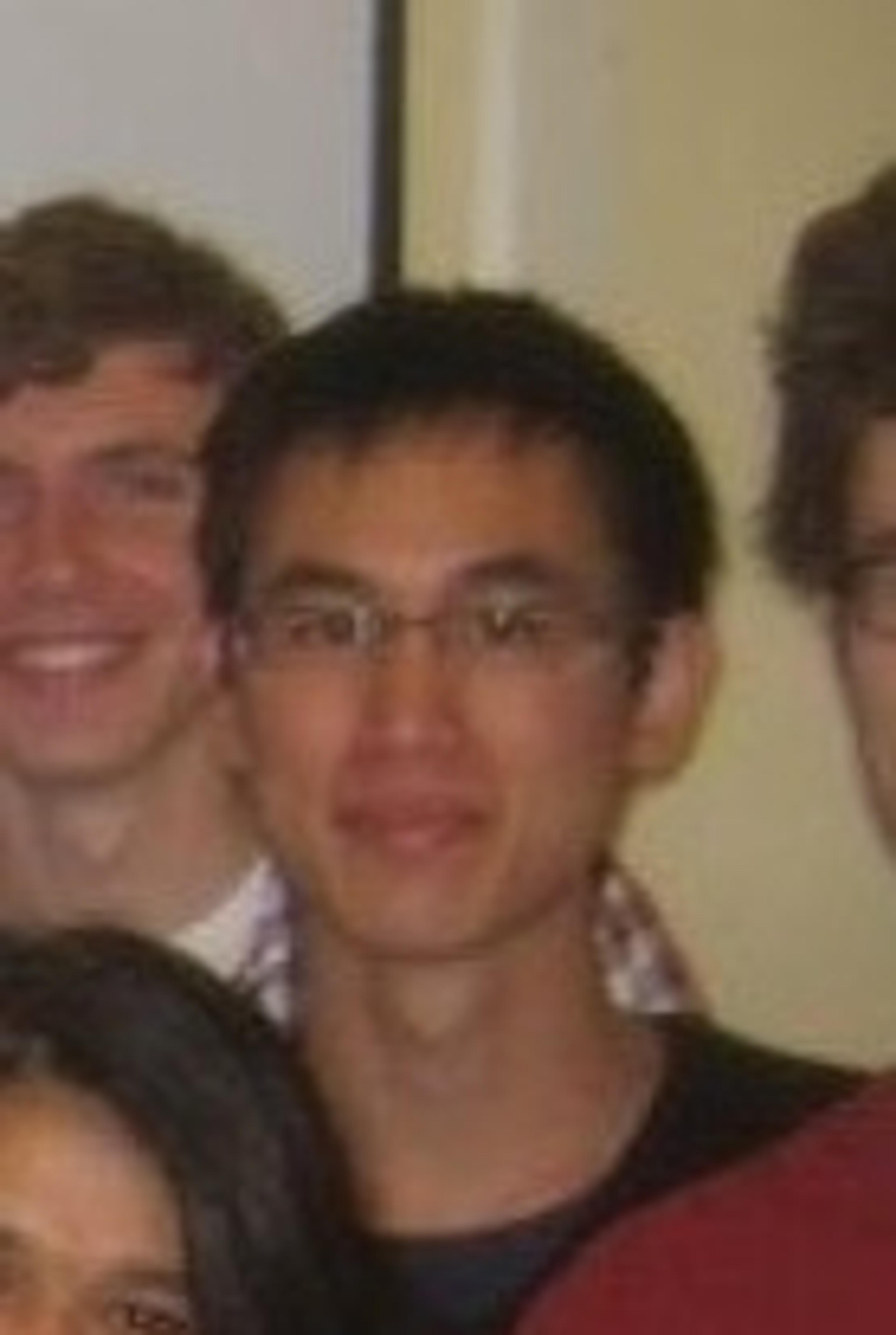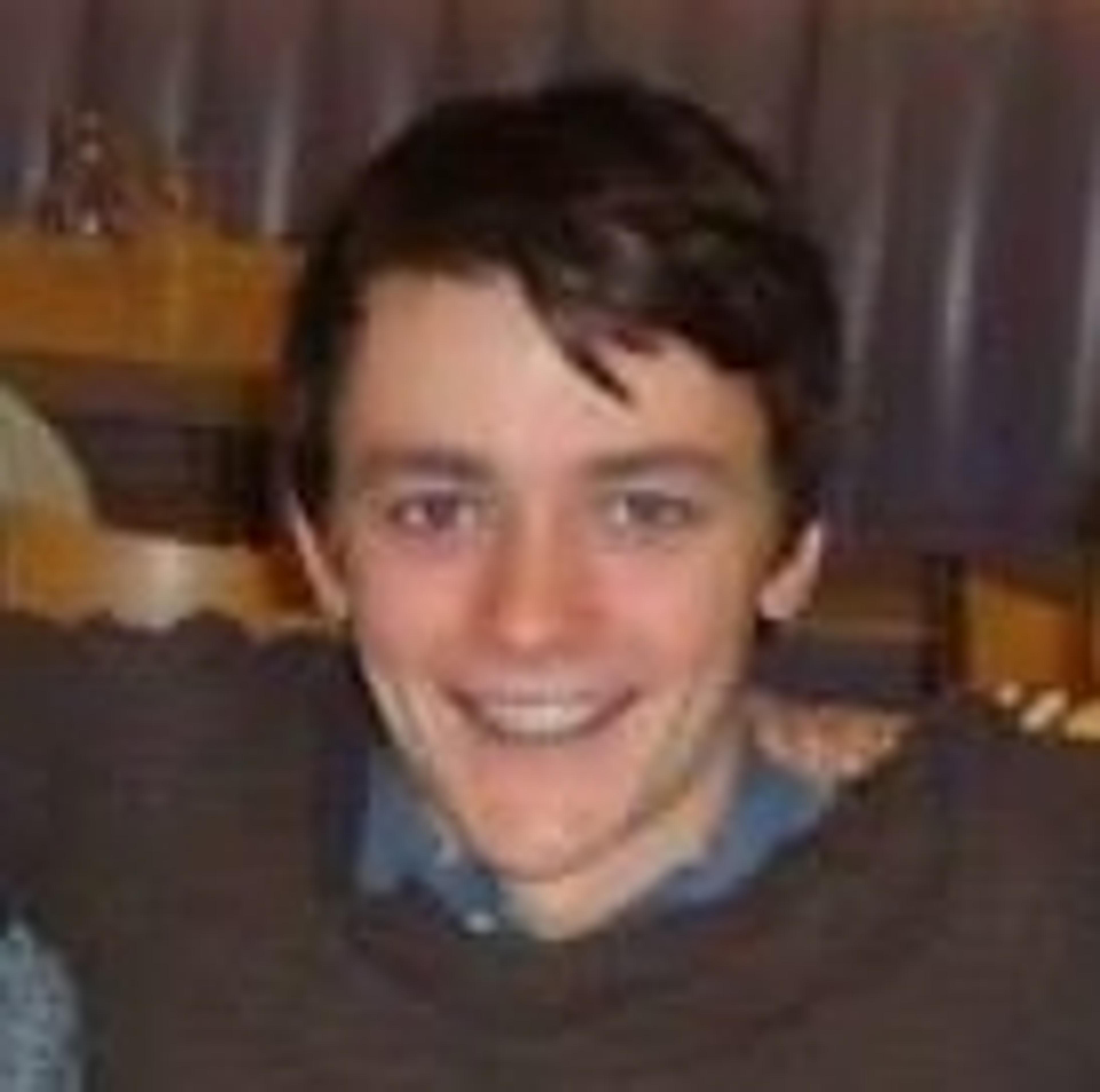The September Internship, Part 2: Our former research interns talk about working at Giving What We Can

When I started volunteering for Giving What We Can, the other members had to explain to me how Giving What We Can works. What it does is clear enough - evaluating charities and inspiring people to donate to the most effective ones, so that we save the most possible "quality adjusted life years." But how? How does it work? To meet such a precise and ambitious a goal, some rather complex things need to happen.
Research is that most mysterious part of Giving What We Can's workings. There, our quantitative-minded members use their analytical and data modelling skills to advise us on where, and how, we should give. (But our impact also depends on the energetic Communications team, who do their best to get the word out; and the Operations team, who stay on top of the legal side of things.)
We are running the September internship programme to let you see for yourself how a charity dedicated to effective giving operates, and to enable you to take part. In this post, you can read some statements from our former research interns about what they did - and why it was awesome.
I got very insightful advice, derived directly from experience, on everything from technical mathematical details, to methods in economic forecasting, to the physics of climate change, to running a successful social campaign.
Edward Higston, currently an Oxford student, explained:

I reviewed Giving What We Can's research on Polio eradication and on water and sanitation. For polio, I concluded that given the uncertainty of success even with large amounts of extra funding ... meant that the expected cost benefit ratio was probably below our current recommended charities and there would be lots of uncertainty.
Ed also concluded that currently there are no water and sanitation charities that are as effective as our top recommended ones. Alright Edward, so what we've been doing is the right thing to do!
Brendan Fong, also from Oxford, said:

I worked on estimating the cost-effectiveness of climate change interventions. This was a fascinating project, and a really good introduction to the complexities faced by researchers at Giving What We Can and other cost effectiveness/forecasting research groups.
This was helped a lot by the sharing of expertise from a number of the senior members of the group, especially given the diversity of their backgrounds - I got very insightful advice, derived directly from experience, on everything from technical mathematical details, to methods in economic forecasting, to the physics of climate change, to running a successful social campaign!
Brendan confirmed Giving What We Can's policy on climate change charities, demonstrating that at the moment they are not as effective as our top recommended ones.
But it's not all about research, as he says - it's about being part of the team and of the wider Giving What We Can community. We are for cooperation and good times above all. Brendan continued:
It was just great to work and hang out with a really nice bunch of people who shared similar goals and values. It's good to be reminded and inspired that more responsible living does not really require sacrifice, just a little more care.
Sweet.
Callum Calvert from the University of Warwick, who worked researching the effectiveness of vaccine charities, said:

I really enjoyed and learned a lot from getting to spend time with people who think about altruism pragmatically and who have less bias to particular causes. I think there would be a lot of students who would find this really refreshing.
Similarly, for Ben Clifford from Warwick, the most important aspect was "being surrounded by inspirational people, finding out how Giving What We Can operated and getting to meet the team."

Ben also said:
I consider Giving What We Can to be one of the most exciting third sector organisations of the moment; to gain a full insight into its inner workings was a fantastic opportunity.
So if you do the research internship this September, you can expect some hardcore maths, and some good company. Same for Communications and Operations interns - minus the maths (but it's still some intense work). If this sounds like your kind of thing, do consider applying.